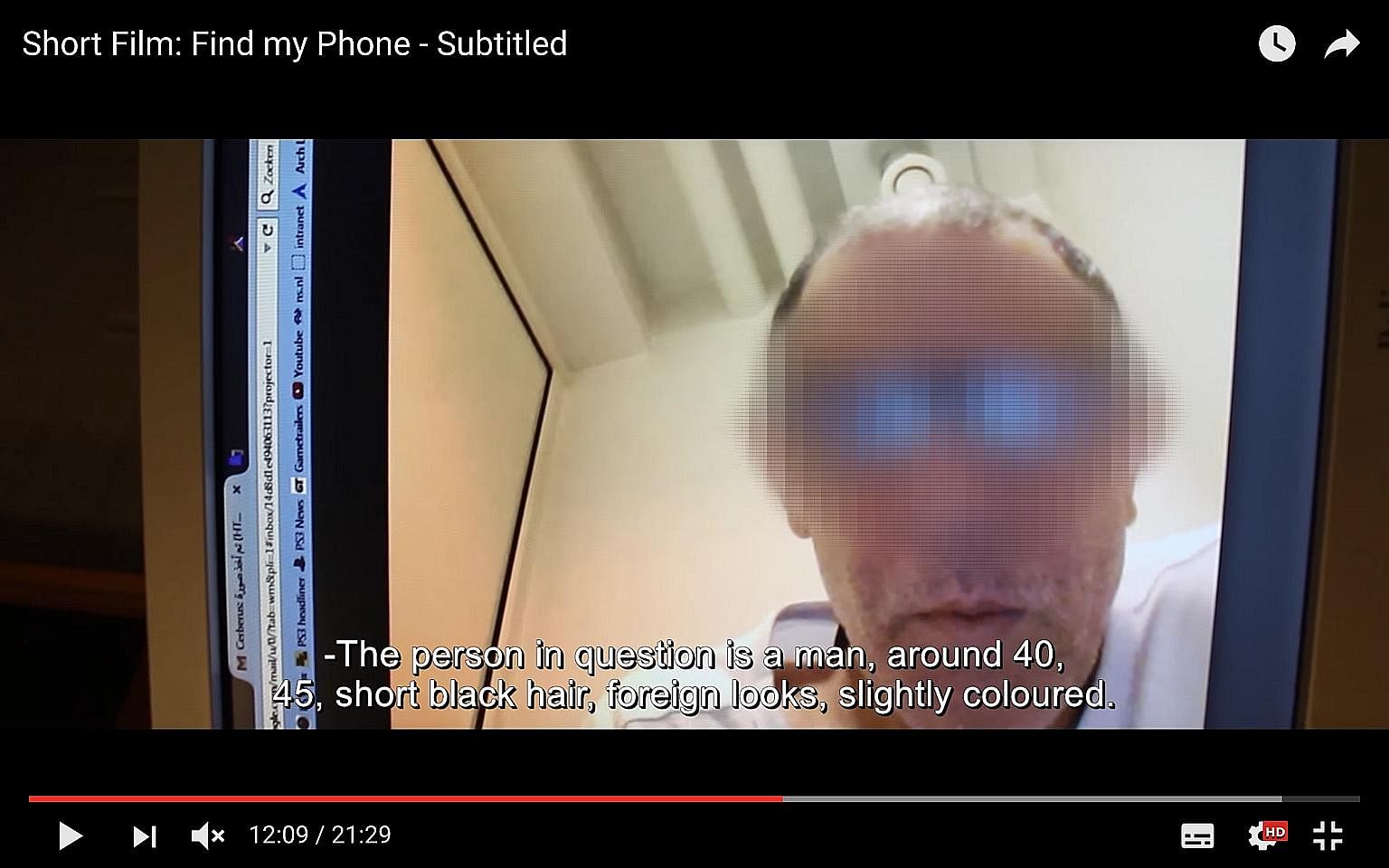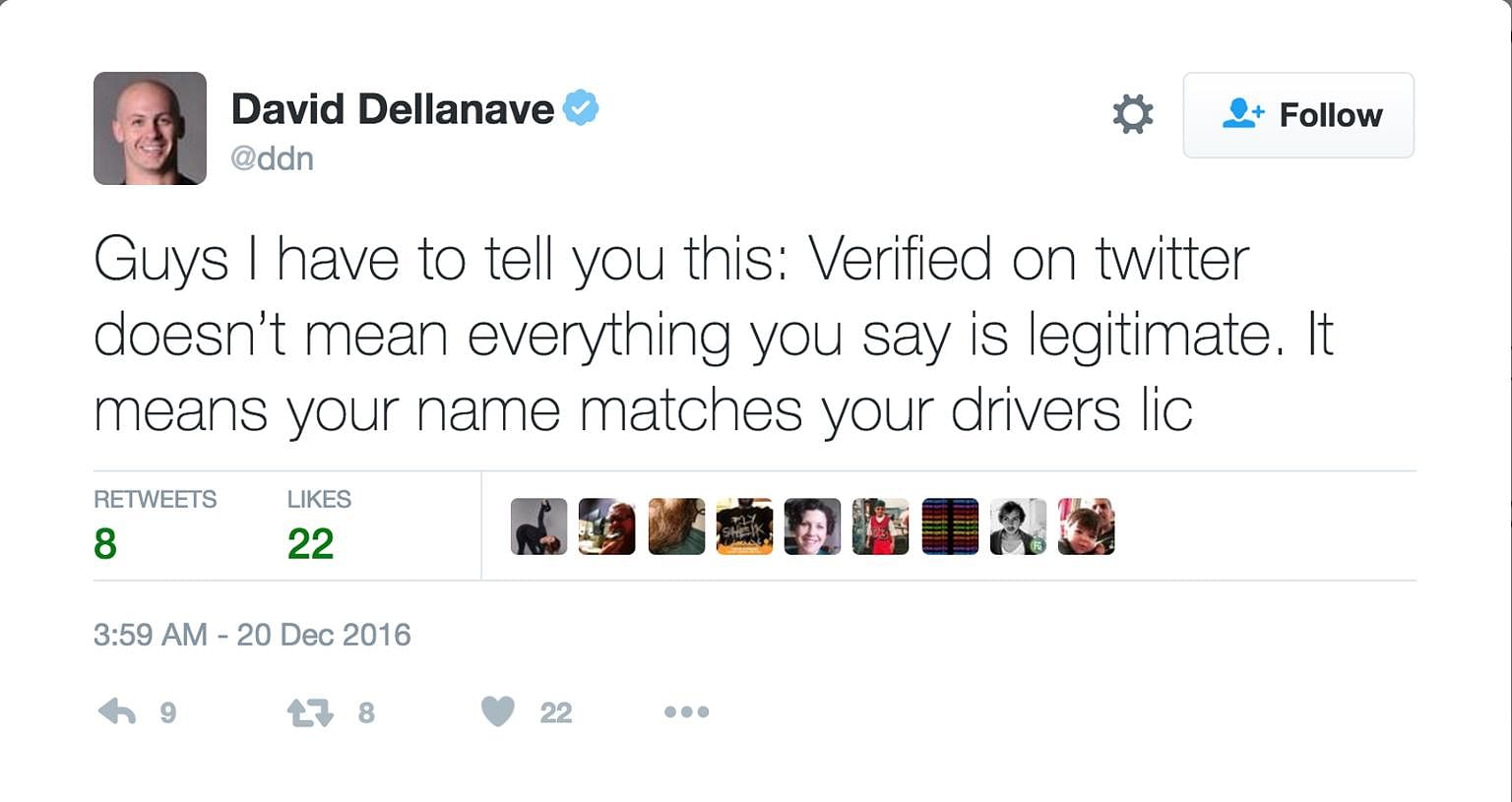TRAP TO HOOK PHONE THIEF
A short film about stolen phones has been making waves on YouTube recently, not least for its thought-provoking content.
Budding director Anthony van der Meer, 23, who recently had his phone stolen, wanted to find out more about the motivation behind petty theft of an "intimate" device.
"A thief who has all that information can tell a lot about the person he stole from.
"I wanted to start a discussion about privacy on smartphones."

He decided to document the process by setting a trap for a thief, and allowing a phone he rigged to be stolen. The stolen phone would not only be able to send back location data but also secretly snap photos or videos, record information sent over SMS and eavesdrop on calls.
Viewers catch glimpses of the middle-aged male thief as he unwittingly used the phone in various locations in Amsterdam.
His daily routines over two weeks were mapped out.
The thief hung out in coffee shops and back alleys during the day.
At night, he slept in a homeless shelter or at a friend's place.
Towards the end, van der Meer's anger and curiosity gave way to sympathy.
"The more data I got from him, the more sorry I felt for him.
"I got the feeling that I really knew him. He was a sad and lonely man," he said.
At one point, van der Meer even remotely topped up phone credits for the man while he slept.
The film culminates in van der Meer finding the thief, a middle-aged Muslim Egyptian, but running away when he realised how different the man he had built up in his mind was from reality.

In just over a week, the 21-minute movie attracted close to five million views.
It attracted plenty of praise for its novel storytelling but also its fair share of detractors, some of whom took issue with the fact that the thief's privacy was being invaded.
"I wanted to tell a story about the human side of the thief, and ethnicity and religion is a big part of that. The thief could have been anyone," van der Meet said.
GIVE SOCIAL MEDIA A MISS
Want to stay in festive mood this year-end season?
You might want to put your phone down or, at least, stop monitoring what your friends are doing on your social feeds so religiously.

A new study by researcher Morton Tromholt from the University of Copenhagen suggests that too much Facebook browsing not only creates feelings of envy, it also does not do people's sense of well-being any good.
The experiment involved more than 1,300 Facebook users in Denmark with an average age of about 34 years old. These users, four out of five of whom were women, had more than 350 friends and spent several hours daily on the social media platform.
It found that a "deterioration of mood" was present in those who spend too long looking at other users' social media stories, driven by "unrealistic social comparisons" like picture-perfect family vacations.
It also warns of the negative impact of "lurking", or to consume social media news without any contributions or connections to other users.
There are two ways to mitigate such feelings of dissatisfaction, says the study which has been published in the journal Cyberpsychology, Behaviour And Social Networking.
One is to actively engage in conversation and connect with other users.
-
NOTABLE TRENDS
-
#BESTSELFIES2016: Twitter users took to the platform to showcase the best selfies they took throughout 2016.
TOTO SINGAPORE: The winning ticket for the top prize of $7.63 million in Thursday evening's Toto draw was a Quick Pick ordinary ticket, which cost just $1 and was bought in Serangoon.
RICHARD MARX: The American adult contemporary singer was in the news for helping to restrain a violent passenger on board a Korean Air flight. Photos of Marx in action went viral after they were shared on Instagram by his wife, former MTV VJ Daisy Fuentes.
The other is to take a short break from the platform.
Tromholt's study comes on the back of another recent research study which links the number of social media platforms a person uses with sadness.
Essentially, people who use seven to 11 platforms or services such as Facebook and Twitter had more than three times the risk of depression and anxiety than peers who use zero to two platforms.
Among some of the reasons for this, the team behind the study says, is that it is harder to multitask and navigate successfully across various platforms, and easier to commit a social media faux pas.
"It may be that people who suffer from symptoms of depression or anxiety, or both, tend to subsequently use a broader range of social media outlets.
"For example, they may be searching out multiple avenues for a setting that feels comfortable and accepting," says study author Brian A. Primack.
"However, it could also be that trying to maintain a presence on multiple platforms may actually lead to depression and anxiety."
HOW NOT TO HELP THE HOMELESS
Another week, another piece of fake news goes viral.
This time, the offensive report comes from Minneapolis, where temperatures plummeted to below zero last Sunday.
A local blogger, Jake Nyberg, posted on Twitter that the Minnesota Vikings, an American football team, would be opening their 66,000-seat indoor stadium to allow the city's homeless to take shelter for the night.
"As homeless face record cold, @Vikings offer to open 'The People's Stadium' overnight," he said in tweet that went viral.
Soon after, the news was also tweeted out by physical trainer David Dellanave via his verified Twitter account.
A verified account, where a blue badge appears next to the user's name, is when Twitter decides that the account is of public interest.
Typical personalities include journalists, musicians and politicians.
Dellanave's endorsement was enough for several news outlets like CBS Sports and Yahoo to pick it up.
The problem was, the Vikings had no plans to open their stadium to the homeless.
In fact, both Dellanave and Nyberg created the hoax in order to shame the Vikings into addressing homelessness in the city.
The two men have apologised and Nyberg has since deleted his account.
But on Twitter, Dellanave continues to have a war of words with users who believe he abused his "position" of trust.
Sportscaster Mark Rosen said: "You don't yell 'fire' in a crowded theatre."
Dellanave responded to critics: "Verified on Twitter doesn't mean everything you say is legitimate.
"It means your name matches your driver's licence."
Thankfully, no one showed up last Sunday at the stadium's doorsteps looking for a place to sleep.

